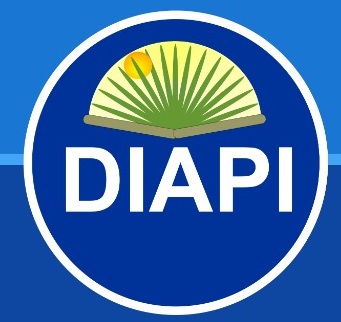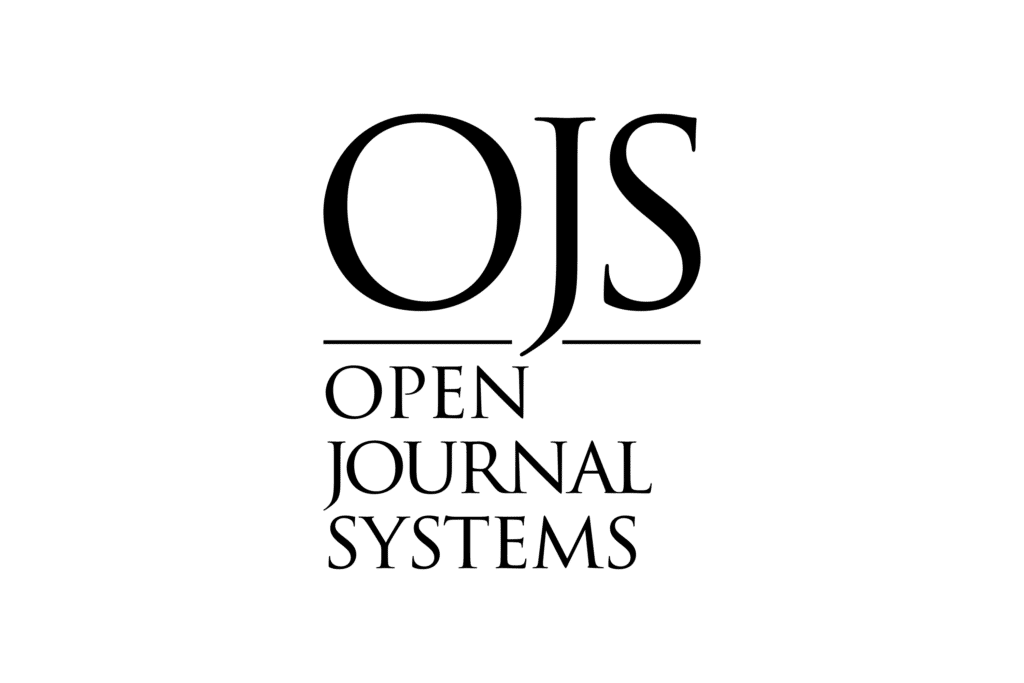Ecofeminism and Ecofeminist Theology
DOI:
https://doi.org/10.52579/diapi.vol3.i.a16307Keywords:
ecofeminismo, teologia ecofeminista, ecofeminismo simbólico-construcionista, unidade antropológicaAbstract
The term ecofeminism is from the late 1970s, it was coined within social and political movements in France, in order to associate two distinct movements: the ecological movement and the feminist movement. Ecofeminism defends that the oppression of women and the destruction of the planet are interconnected phenomena in which both suffer from violence for domination, for the control of what is different and what resources come from. Among the different strands of ecofeminism, symbolic-constructionist ecofeminism believes that healing the world and ending male/female dualism are the answers to current problems. From a religious perspective on ecofeminism, there are authors who argue that the Old Testament covenant ethic brings a vision of the entire universe as being sacred and, therefore, an object of care. In this sense, there is no man/spirit x woman/physical division, that is, ecofeminism invites us to rethink the symbols of the sacred and think about the world from a new perspective. In Brazil, feminist theologies have developed within social and ecclesiastical movements under the bias of building another mentality in relation to the whole, through the belief in an anthropological unity, which points to a logic of equality between men and women and combating any form of of sexism; moreover, it believes in the deepening of relations between human beings and the other beings of Creation as interdependent beings.
Downloads
References
FLORES, Bárbara Nascimento; TREVIZAN, Salvador Dal Pozzo. Ecofeminismo e comunida¬de sustentável. Estudos Feministas, Florianópolis, v. 23, n. 1, p. 11-34, 2015. Disponível em: <http://www.scielo.br/pdf/ref/v23n1/0104-026X-ref-23-01-00011.pdf>. Acesso em 22 abr. 2020.
HOORNAERT, Eduardo. Ecofeminismo e imaginário cristão. Mandrágora, São Bernardo do Campo, v. 20, n. 20, p. 45-58, 2014. Disponível em: <https://www.metodista.br/revistas/revistas-ims/index.php/MA/article/view/5166>. Acesso em 10 mai. 2020.
LASSAK, Sandra. Comunidades de Resistência e Libertação: a influência da Teologia (Femi¬nista) da Libertação no Movimento de Mulheres Camponesas. Caminhos, Goiânia, v. 10, n. 2, p. 90-109, jul./dez. 2012. Disponível em: <http://seer.pucgoias.edu.br/index.php/caminhos/article/view/2456/1518>. Acesso em 06 mai. 2020
REIMER, Haroldo. Hermenêutica ecológica de textos bíblicos (2006). Uma Janela sobre o Mundo Bí¬blico, 19/02/2009. Disponível em: <http://www.abiblia.org/ver.php?id=1259>. Acesso em 22 abr. 2020.
RESS, Mary Judith. Espiritualidad ecofeminista en América Latina. Investigaciones Feministas, 2010, v. 1, p. 111-124. Disponível em: <https://revistas.ucm.es/index.php/INFE/article/view/INFE1010110111A/7690>. Acesso em 12 mai. 2020.
RICHTER REIMER, Ivoni. As Teologias e Práticas Políticas dos Movimentos (Eco)Feministas. Caminhos, Goiânia, v. 17 (Especial), p. 120-137, 2019. Disponível em: <http://seer.pucgoias.edu.br/index.php/caminhos/article/view/7489/4272>. Acesso em 01 abr. 2020, 23:00h.
__________. Religião, Gênero e Ecologia. Caminhos, Goiânia, v. 11, n. 2, p. 89-92, 2013. Disponível em: <http://seer.pucgoias.edu.br/index.php/caminhos/article/view/2787/1701>. Acesso em 06 mai. 2020
RUETHER, Rosemary Radford. Ivone Gebara: Teóloga Ecofeminista Latino-Americana. Mandrágora, São Bernardo do Campo, v. 20, n. 20, p. 175-185, 2014. Disponível em: <https://www.metodista.br/revistas/revistas-ims/index.php/MA/article/view/5177>. Acesso em 15 abr. 2020.
Downloads
Published
How to Cite
Issue
Section
License
Copyright (c) 2023 Andréa Bernardes de Tassis Ribeiro Lima

This work is licensed under a Creative Commons Attribution-ShareAlike 4.0 International License.
Direitos Autorais
A submissão de originais para a Diálogos e Perspectivas Interventivas (DIAPI) implica na transferência, pelas(os) autoras(es), dos direitos de publicação. Os direitos autorais para os manuscritos publicados nesta revista são das(os) autoras(es), com direitos da DIAPI sobre a primeira publicação. As(os) autoras(es) somente poderão utilizar os mesmos resultados em outras publicações indicando explicitamente a DIAPI como o meio da publicação original.
Licença Creative Commons
Exceto onde especificado diferentemente, aplicam-se à matéria publicada nesta revista científica os termos da licença Creative Commons Attribution-ShareAlike 4.0 International License, que permite o uso irrestrito, a distribuição e a reprodução em qualquer meio desde que a publicação original seja corretamente citada.













 Esta obra está licenciada com uma Licença
Esta obra está licenciada com uma Licença 